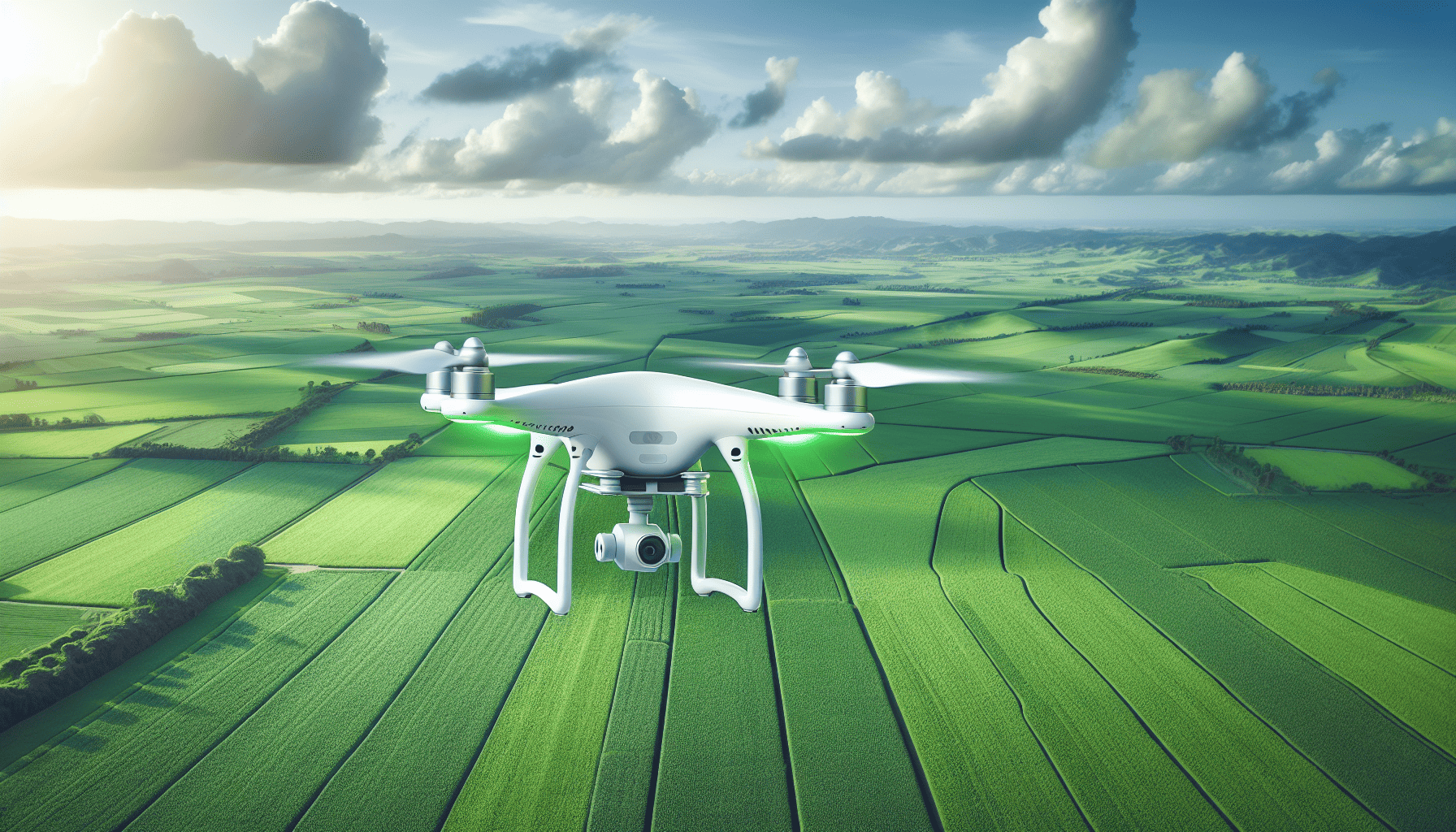Precision farming, also known as precision agriculture, represents a transformative shift in how farms operate, driven by technological advancements that aim to enhance productivity and sustainability. This modern farming approach leverages cutting-edge technology such as GPS, IoT (Internet of Things), and data analytics to optimize agricultural operations and manage resources efficiently.
The core premise of precision farming is to ensure that crops and soil receive exactly what they need for optimal health and productivity, no more, no less. This is achieved by utilizing detailed field maps and real-time data to guide seed planting, irrigation, fertilization, and pest control. By collecting and analyzing such data, farmers can make informed decisions, leading to increased yields and reduced costs.
One of the foundational technologies in precision farming is GPS-guided equipment. This technology allows for precise measurements of fields and helps in creating detailed maps that farmers can use to manage planting and crop care. GPS systems ensure that planting and harvesting machinery operate at peak efficiency, minimizing wastage of seeds and fertilizer while ensuring uniform crop growth.
In addition to machinery guidance, the integration of IoT devices in the field provides an unprecedented level of data collection. Sensors placed in the soil and on plants gather information about moisture levels, temperature, and nutrient availability. This data is transmitted to a central system where it's analyzed, providing actionable insights. With this information, farmers can apply the exact amount of water and nutrients needed at any given time, reducing both waste and environmental impact.
Precision farming also capitalizes on aerial imagery through drones and satellites. These technologies offer a bird's-eye view of the fields, allowing farmers to identify issues such as pest infestations, disease outbreaks, or areas of poor crop health before they become significant problems. By detecting these issues early, farmers can take targeted actions, improving crop outcomes and reducing the need for widespread chemical application.
Data analytics is the linchpin of precision farming, converting vast amounts of data into usable insights. Advanced software solutions collect, process, and interpret data from various sources, helping farmers make data-driven decisions. Machine learning algorithms can predict weather patterns, forecast yields, and suggest optimal planting times. With these predictive capabilities, farmers can mitigate risks and enhance their overall productivity.
Sustainability is another crucial benefit of precision farming. By efficiently managing resources, this approach minimizes the environmental footprint of agriculture. Precision farming conserves water, reduces chemical runoff, and decreases greenhouse gas emissions associated with overuse of fertilizers and inefficient farming practices. This alignment with sustainable practices not only helps in preserving the environment but also meets the increasing consumer demand for responsibly produced food.
Despite the promising advantages, the adoption of precision farming comes with challenges. High initial costs, the need for significant technical knowledge, and the integration of new systems into existing operations can be daunting for many farmers, particularly smallholders. However, as technology becomes more affordable and accessible, these barriers are gradually diminishing.
As the global population continues to grow, the demand for food will increase, putting further pressure on agricultural systems. Precision farming offers a viable path forward, providing the tools and technologies necessary to increase food production in a sustainable and efficient manner. By embracing these advances, farmers can not only boost their productivity but also contribute to a more sustainable future for agriculture.
